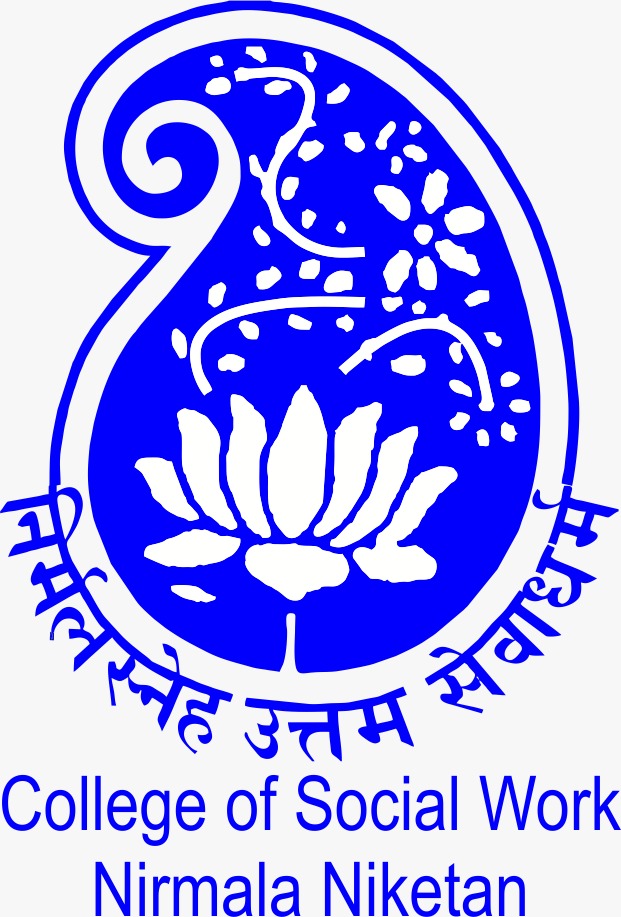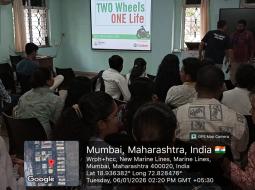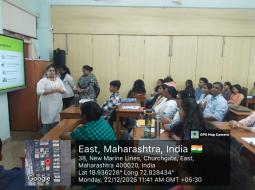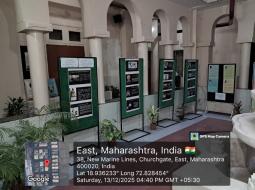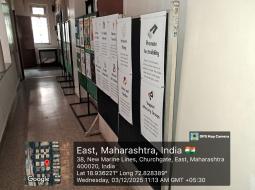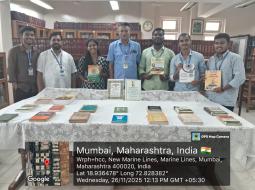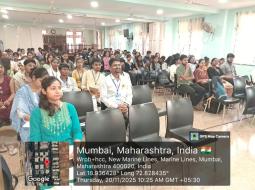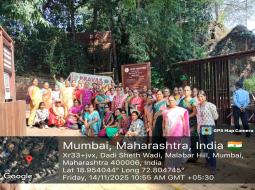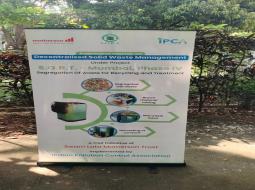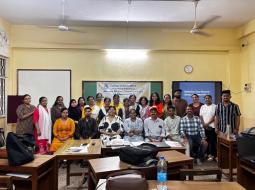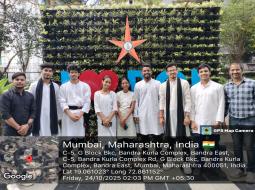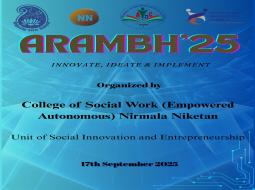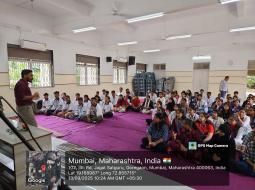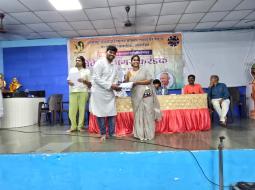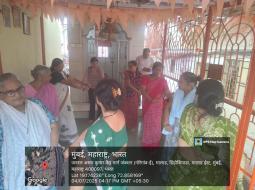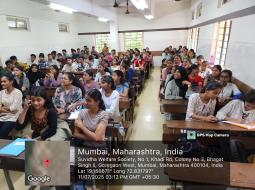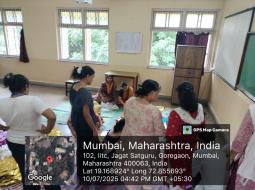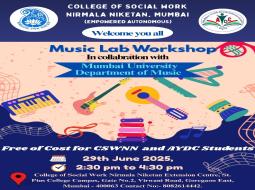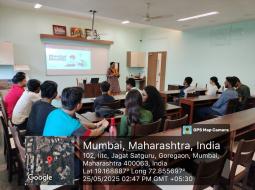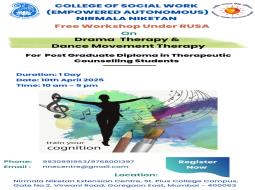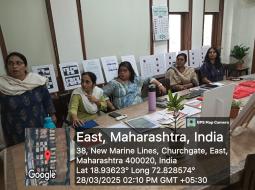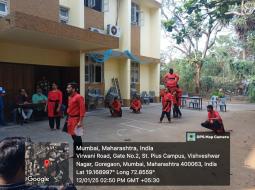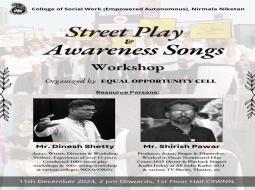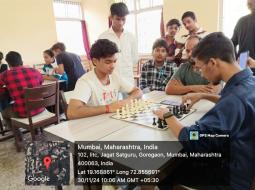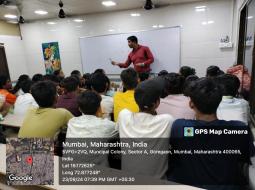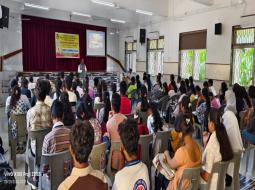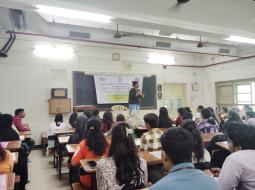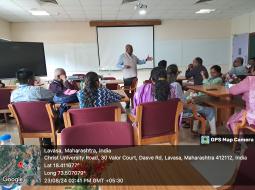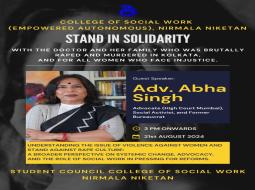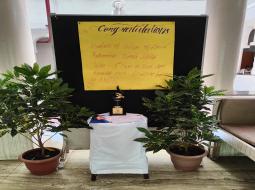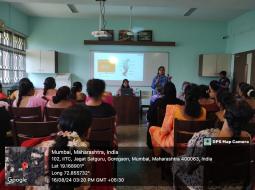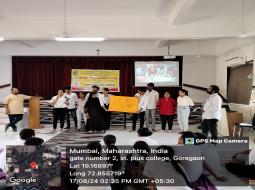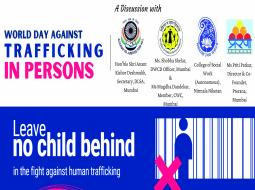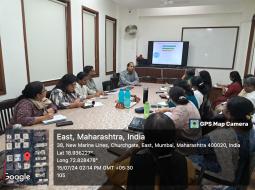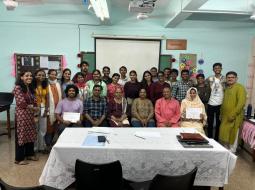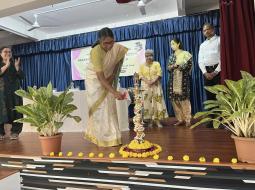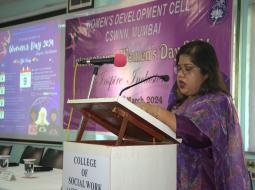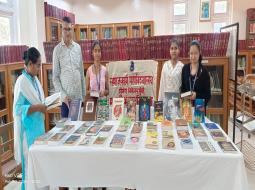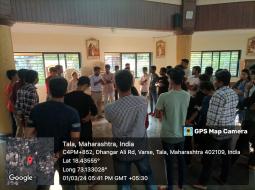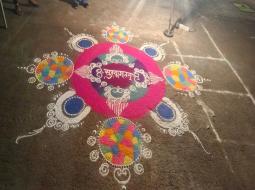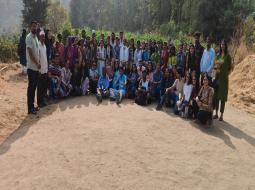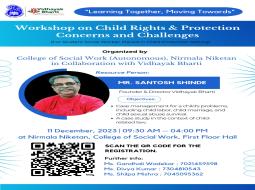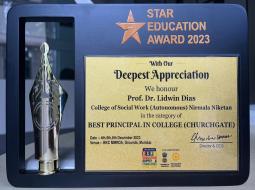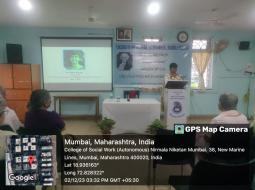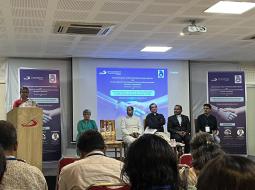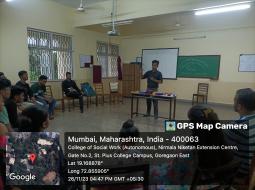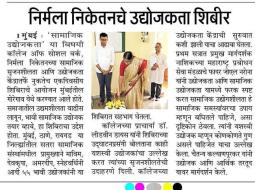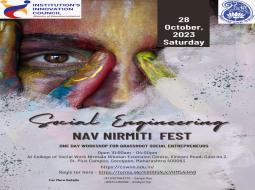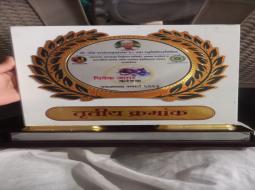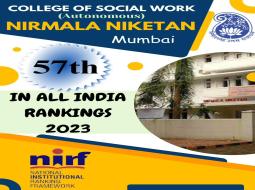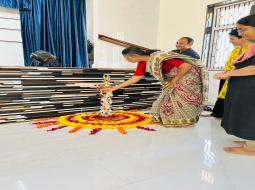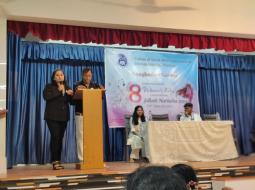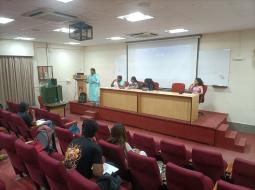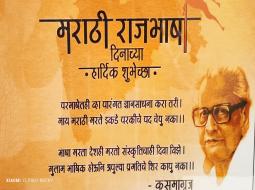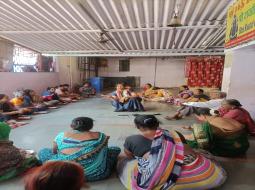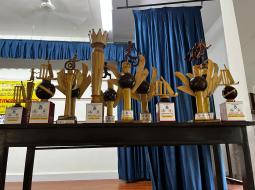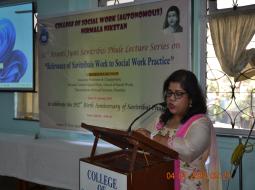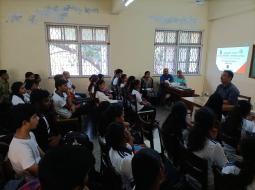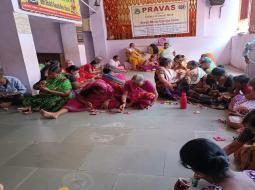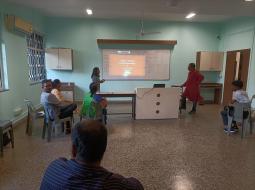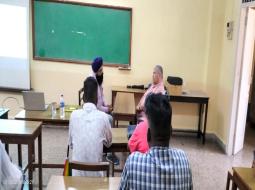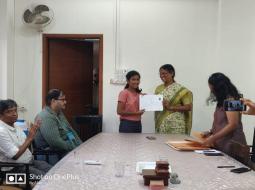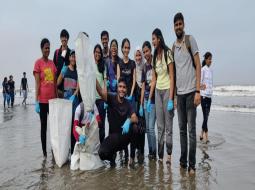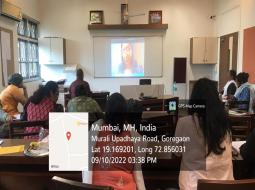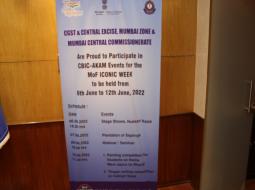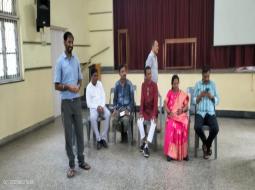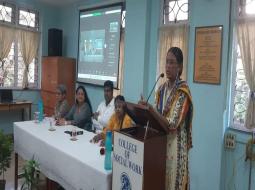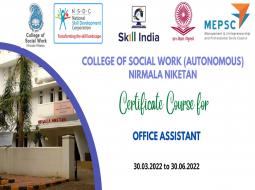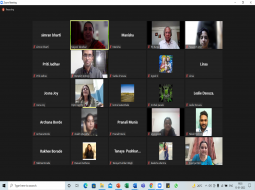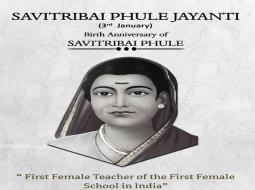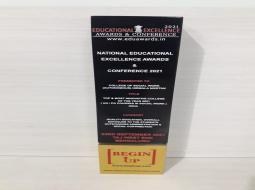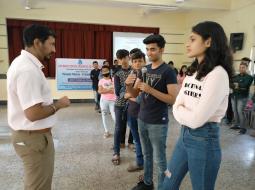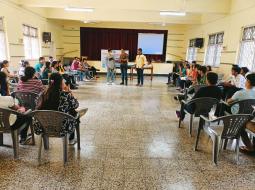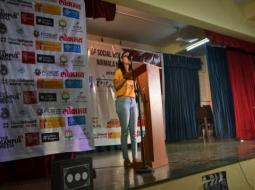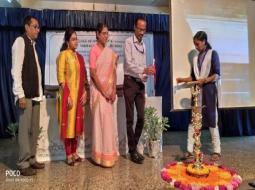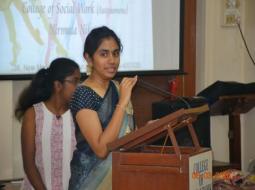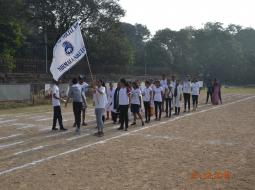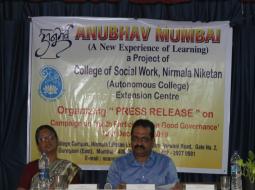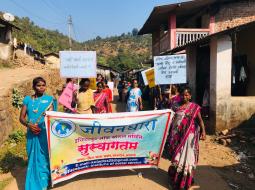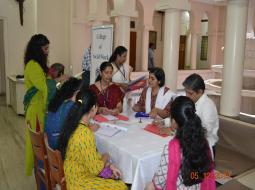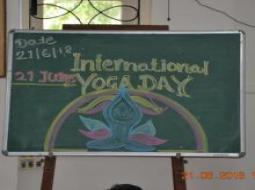PROGRAM OVERVIEW
The Bachelor of Social Work (B.S.W.) degree program provides the education and experience necessary for a career in social work. It prepares graduates for beginning generalist social work practice with individuals, families, groups, organizations and communities. The bachelor’s degree in social work requires course work and field practicum. The curriculum helps students prepare for the professional responsibilities of social work and acquire the skills needed for effective social work practice.
FACULTY MENTORING
Each student is assigned to a Faculty Adviser. Ordinarily a new Faculty Adviser is appointed each year. The appointment of the Faculty Adviser is based on the particular fieldwork placement of the student since each faculty member is responsible for a group of placements whether or not they directly provide field instruction in those placements. Besides being responsible for the students’ field work performance, the Faculty Adviser is also responsible for the students’ overall academic work and professional development. Any difficulties experienced by the student may be discussed with the Adviser whose function is to assist and guide the student.
The students receive individualized attention in the form of guidance and supervision from the teaching faculty. As per the Regulation of the Directorate of Social Welfare, Government of Maharashtra, the staff student ratio of the College is to be maintained at 1:14.
INTAKE CAPACITY
The need to provide individualized field instruction (practice training), demands that a relatively small number of students are admitted to the College. As per GR No. UG/54 of 2008 the College may admit the following maximum number of students every year at the entry level.1
This intake of students is relative to the staff student ratio of the particular academic year for the B.S.W. and M.S.W. programmes.
The college admits 60 students in the BSW program
AGE & GENDER
There is no minimum age for admission provided the student meets all other eligibility and admission criteria required by the University and the College. Admission is open to both men and women students for all programmes.
MEDIUM OF INSTRUCTION
English is the medium of instruction for all courses. Hence, the ability to use English as a language is essential. Fluency in either Hindi or Marathi is required for working with the client system.
TEACHING
Theory classes are held on Mondays, Tuesdays, Wednesdays, and half day on Thursdays of the teaching weeks. Fieldwork days are half day of Thursdays, and entire Fridays and Saturdays, with due regard for agency timings. Most of the classes are conducted with a combination of lecture, presentation and discussion method where participation from students is strongly encouraged. The students are given an outline of the content of each course as well as bibliography of the required reading at the beginning of each year. Students are expected to supplement classroom learning by independent reading. Required readings are prescribed from several sources which are available in the library.
EXAMINATION SYSTEM
All courses will follow the systems and patterns of Assessments and Examinations developed under autonomy and prescribed by the University and UGC from time to time. Every paper will have a mid-semester internal class test, assignment, and term end examination.
EMPLOYMENT OPPORTUNITIES
Graduates of the program work as Social Workers, Community Organisers, and Welfare Officers
